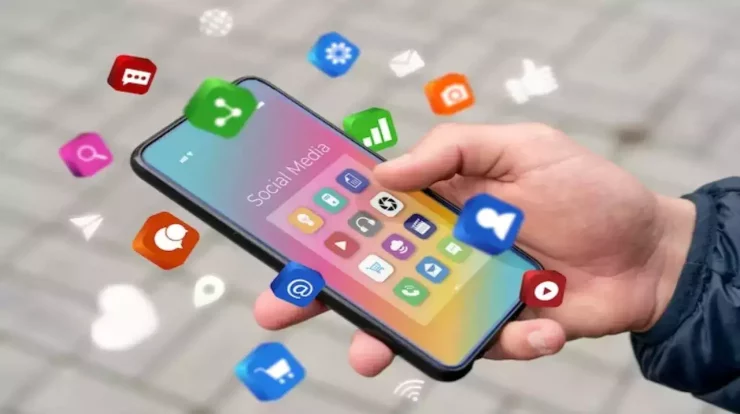
Whether you are a music enthusiast who enjoys listening to your favorite tracks or looking to become a professional musician, you can make new music and share it with everyone with the help of an instrument. Most people are intimidated by the prospect of learning how to play a new instrument, but technology has made it much easier to do so in today’s world.
Technology has permeated every aspect of our lives. It has a significant impact on education. Learning to play a musical instrument is not yet a required face-to-face activity, but it can be virtual. Online apps for practice can help you with your learning practice. Technology has made the learning process more adaptable and enjoyable.
As an adult, you should think about using the following tools to begin your musical endeavors.
Utilizing Apps to Learn Technicalities
Mastering instrumental techniques are the most tedious part when learning a new instrument. This is where AI-powered apps come in. They allow you to play your favorite instrument and learn everything about it.
You can install these apps on your phone or tablet, and it utilizes artificial intelligence to listen to how you play. Most app features are free, while the more advanced features need to be paid for.
Whether you have an acoustic or electric instrument, you can also use the apps with it. This allows you to learn the instrument without the hassle of reading sheet music and hitting the right notes simultaneously.
In this way, there are too many apps and online learning platforms, such as Skoove, a piano app for beginners that tries to teach how to play piano through Artificial intelligence to improve music listening and puts up a strong impact on your learning capabilities.
Train Your Ear Sense
Ear training is the process of honing your musical ear. It can take various forms and cover a wide range of topics, but it is essentially anything you do to develop a “good ear for music.” It has always been an essential component of genuine musicianship training, being covered in every music degree program and conservatoire syllabus and being incorporated in instrument instruction.
Ear training helps you build an ear for music—the cognitive ability to connect musical components. You can fuse musical elements like notes, scales, chords, pitches, rhythm, time signatures, and much more if you have a good ear. It also eliminates the need for additional material, such as sheet music.
Have Some Software for Producing Music
Even though apps make it much easier for you, learning a new instrument takes much practice and deliberation. You can hone your skills and learn new instruments through music production software. You can also use it to record how you play, and you can playback the recording to gauge where you might have gone wrong. As a result, your creativity is flourished, and your abilities are improved.
Music production software is highly beneficial for you to learn new instruments, especially because it contains samples for hundreds of instruments, effects, modulations, and many other elements. You can also use the metronome and pre-recorded rhythms to practice new songs and patterns.
Online Teaching Or Lessons Will Be Beneficial
The online world has impacted people’s musical experiences all across the world. Because of the tools available online, people may now learn about all areas of music in ways that were before impossible. Adults can learn and get the expertise to play instruments through specialized web piano applications. People can learn music theory of all ages using interactive websites. Music teachers can converse about curriculum, pedagogy, and other aspects of music education via personal learning networks that use social media platforms such as Facebook and Twitter.
Online music instruction is also more formalized. Professional organizations, such as the National Association for Music Education, provide webinars. Some complete courses include lessons on several music topics that are open to the public (including piano lessons for kids). Online music classes for high school students are also becoming more popular. Individual seminars and fully online graduate degree programs are becoming increasingly popular among in-service music educators.
The most popular social media networks are Facebook, Twitter, and Instagram. You can use them to learn new tricks of the trade. You can follow online tutors, musicians, and other students on these networks. Their blogs will keep you up to date on the current music trends, as well as ideas and techniques for learning music theory and practice schedules for daily classes.
Following tutors, musicians, fellow students, and Long Island schools are better to get geo-location updates on your feed. This will not only assist you in learning about the most recent trends. It will also keep you informed of forthcoming events and competitions that you should not miss.
With the development of current technology and digital gadgets, becoming a musician has never been easier. It might be tough for a new musician to grasp all of the principles in class, especially during group sessions.
These are the aspects of the modern usage of technology that assist in learning how to play instruments. The use of music technology in music education is an ongoing process; it is entirely dependent on the accomplishments of the scientific/technology community. It is a process that necessitates a gradual shift in mentality in a community where many processes and techniques are still very traditional. Music is at its best when it is one-of-a-kind and carries a piece of your soul with it.



